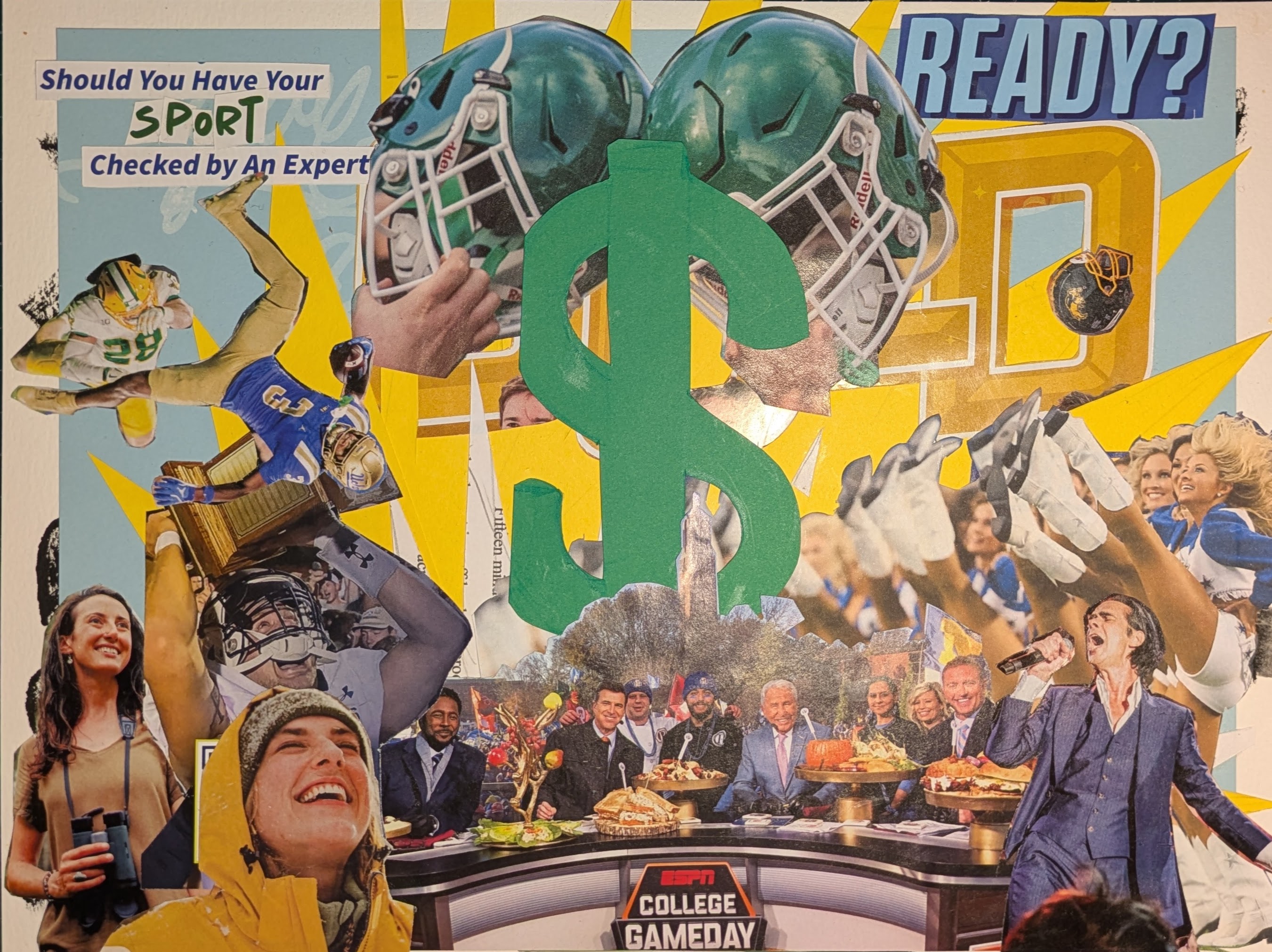John Perry Barlow did many amazing things. He was a Grateful Dead lyricist. He was a Wyoming rancher for more than a decade and a half, itself no small feat. Much too late in my professional career I contributed to the Electronic Frontier Foundation (EFF), an organization he founded to fight for a free and open internet. However, JPB will be most notable, for me, as the author of the “Declaration of Independence of Cyberspace”.
It starts:
“Governments of the Industrial World, you weary giants of flesh and steel, I come from Cyberspace, the new home of Mind. On behalf of the future, I ask you of the past to leave us alone. You are not welcome among us. You have no sovereignty where we gather.
“We have no elected government, nor are we likely to have one, so I address you with no greater authority than that with which liberty itself always speaks. I declare the global social space we are building to be naturally independent of the tyrannies you seek to impose on us. You have no moral right to rule us nor do you possess any methods of enforcement we have true reason to fear.”
JPB wrote the manifesto as an email in 1996. Even in the wide-eye days of the web’s infancy, it was controversial. Arrogant. Eye-roll inducing. In light of everything today - from nation state cyber-warfare to the Snowden revelations, from Facebook manipulating elections to people dying from swatting - it is hard not to choke on the naivety.
And yet, the loss of that innocence, and the visionary who articulated what the web could be, hurts so much.
The same year that JPB declared cyberspace’s independence, I started my freshman year at college. His web became the web I aspired to. In addition to the manifesto, I was also quickly introduced to the works of William Gibson, Bruce Sterling, Neal Stephenson, 90’s British Rave Culture, Hacking, Phreaking, IRC, Napster, Icecasting, Pseudo, and so much, much more. Instead of fiddling with index cards, report research was just an AltaVista search away. I learned HTML on a Geocities site so that I could share the same miserable poetry as others from exotic locations like Europe, or Australia, or Des Moine. And music; there was so much music. Music to study to, music to make-out to, and music to ring in a new millenium where anyone with an ounce of ambition and a newly minted degree in computers could save the world (while getting fabulously rich in the process).
The dot-com bust turned out to be a speed bump. In 2004-2005, I was a regular listener of podcasts and ran a web forum for an MMORPG guild. By 2007, I was all in on ‘Web 2.0’, or ‘The Social Web’. Friends attending SXSW that year invited me to try something called ‘Twitter’. By the end of that year, I was producing (poorly attended) conferences extolling the virtues of blogging for businesses. Brands would be conversational, not unidirectional! Businesses could harness the wisdom of the crowds! All aboard the Cluetrain! “If only,” I would argue without irony, “everyone would blog, we’d see we aren’t really that different!”
Sitting here, writing on a private VPN network, in a browser meticulously stripped of as much ad tracking as I can manage, with a sticker slapped over the webcam, I’m humbled. This isn’t the web I want. This isn’t the web he wanted.
JBP saw physical space’s city on the hill for what it was - a gated community of power and privilege that looked down on those different or unwanted. He called for something new. However, it is important to point out that JPB’s dream for cyberspace wasn’t an appeal for lawlessness; his streak of libertarianism wasn’t ‘do whatever you want’. It was an appeal to be something better than we’ve been. The blackest backwaters of Reddit, or the white power movement, or malware opportunists were inevitable, but unwelcome. He was in a race to sow the seeds of something wonderful before the weeds of our worst nature could take root and choke it out. In JBP’s “new home of Mind”, we’d see a vision of a virtual place beyond the violence beget of physical judgement and maybe, just maybe, we’d finally treat each other like human beings.
And now John Perry Barlow is dead. A mantle has been laid down and its owner put to rest. Cyberspace is dead. Long live cyberspace.
A Declaration of the Independence of Cyberspace by John Perry Barlow. from IDEALOGUE on Vimeo.


